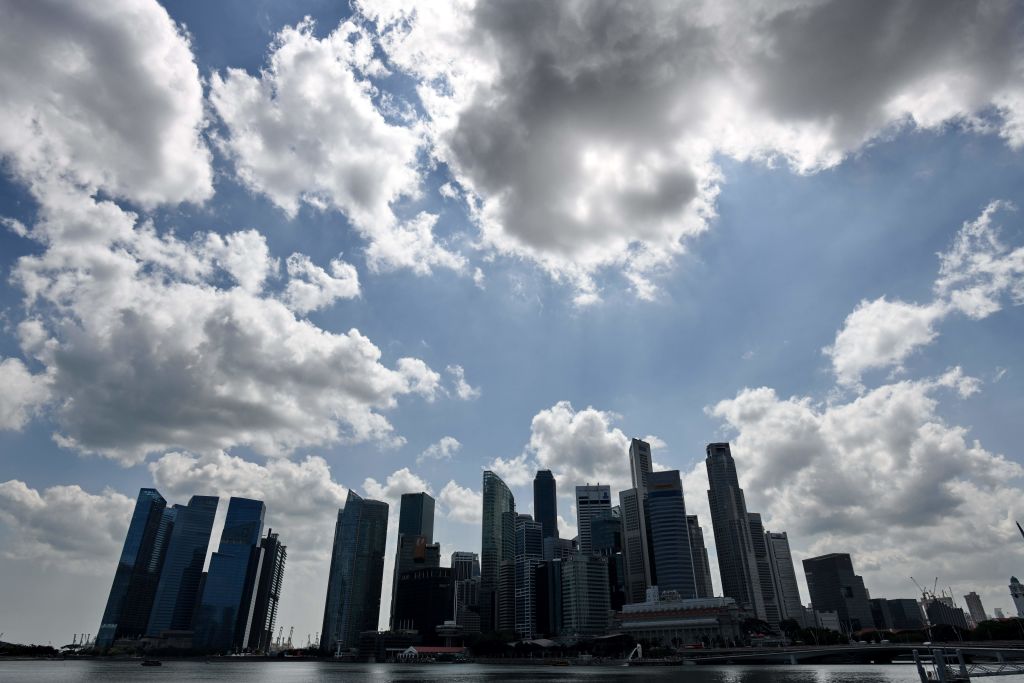
Singaporean lawmakers introduced legislation Monday to combat fake news through holding social media sites responsible for content the government deems false. But like other countries’ attempts to regulate the scourge of disinformation spread online, the bill has prompted free speech concerns, especially within the context of the Singapore’s highly controlled media environment.
The Protection from Online Falsehoods and Manipulation Bill aims to “prevent the communication of false statements of fact” and “enable measures to be taken to counteract the effects of such communication,” according to the draft.
Under the new legislation, the government can demand that online platforms take down misinformation or publish “corrections” next to information flagged as false.
Parties failing to comply can face fines of up to $1 million Singapore dollars (approximately $740,000) and 10 years in prison.
The bill comes just days after Facebook founder Mark Zuckerberg called for global regulators to establish worldwide standards for online content.
Internet giants Facebook and Google did not welcome Singapore’s proposal, however.
Simon Milner, Facebook’s Asia-Pacific Vice President of Public Policy, voiced concern that the law would “grant broad powers to the Singapore executive branch” and “proactively push a government notification to users,” according to Reuters.
The anti-fake news bill has also elicited criticism from industry associations and rights groups, which say the legislation gives the country’s leaders the power to promote an agenda while stifling public expression.
Jeff Paine, the managing director of the Asia Internet Coalition, called the measure “the most far-reaching legislation of its kind to date” and said it “gives the Singapore government full discretion over what is considered true or false.”
“This level of overreach poses significant risks to freedom of expression and speech, and could have severe ramifications both in Singapore and around the world,” he added.
Singapore is currently ranked 151 out of 180 countries in Reporters Without Border’s World Press Freedom Index, below media-unfriendly nations Myanmar and Russia.
But Singapore Law Minister K. Shanmugam disputed the criticism, according to Reuters. “This legislation deals with false statements of facts. It doesn’t deal with opinions, it doesn’t deal with viewpoints. You can have whatever viewpoints however reasonable or unreasonable,” he said.
Last year, neighboring Malaysia approved a similar law that was also faulted for repressing public expression ahead of elections. France and Germany have also adopted legislation to fight fake news and hate speech, while Australia is set to propose a bill this week to regulate social media in the wake of the live-streamed New Zealand massacre.
More Must-Reads From TIME
- The 100 Most Influential People of 2024
- The Revolution of Yulia Navalnaya
- 6 Compliments That Land Every Time
- Stop Looking for Your Forever Home
- If You're Dating Right Now , You're Brave: Column
- The AI That Could Heal a Divided Internet
- Fallout Is a Brilliant Model for the Future of Video Game Adaptations
- Want Weekly Recs on What to Watch, Read, and More? Sign Up for Worth Your Time
Write to Hillary Leung at hillary.leung@time.com